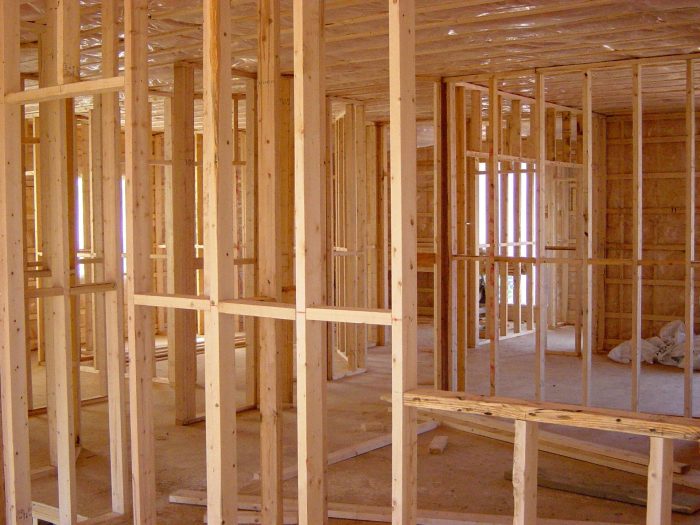Is It Cheaper To Buy Land and Build a House? (Here’s What You Need To Know)
With home price on the rise, many people are wondering if it’s cheaper to just buy some land and build a house. The answer to that question is.. maybe. And if this is your first rodeo with home ownership – there are somethings to know before you dive in.
The cost to build a house ranges from $100 to $155 per square foot on average. Though, this of course, depends on what kind of house you want to build. A modular home is a newer and affordable option which can go as low as $50 per square foot and mobile homes plopped on a piece of land could be $76 per sqft.
In contrast, buying an existing home in a hot market like Nashville could cost you $240 per sqft. With housing inventory at historic lows and prices rushing further upward, it can make a lot of sense to build. BUT, there are some things to watch out for before you jump in.
Don’t Forget The Extras
The price to build quoted above is ONLY for the house itself. In most cases, this does not include important things like site clearing and preparation, the foundation or basement, septic tank or sewer hook ups, well drilling or water hook up, driveways, etc.
All of these costs can add up very quickly, especially if you’re trying to build a cheaper house or a house which is on your own land. So, make sure you know exactly what these things will cost you. Here are some ballpark figures and average prices for these things.
- Land Clearing ($1,500 to $5,000 per acre)
- Well Drilling ($7,500 – 9,000)
- Septic System ($3,900)
- Gravel Driveway ($1,500 to $6,000)
- Paved Driveway ($5,000)
- Foundation ($8,000 to $15,000)
- Basement ($10,000 to $30,000)
Watch Out For Costly Mistakes (and disasters!)
While it’d be nice if you could just let the builder do their thing – this is rarely the case. You’ll need to be active in putting out fires and making sure things are on track. You’ll also need to make sure that you are actually getting what you paid for, because mistakes and wrongly ordered items happen frequently.
Unfortunately, some costs you can’t look out for. The pandemic has seen many shortages, most notably: lumber. Rising costs here have skyrocketed build costs, in some cases in the middle of the build. Make sure that you have some wiggle room in your budget to weather unavoidable circumstances like this.
Know Your Land Before You Buy It
If you’re buying acreage, it’s important to know about any restrictions placed on the land. This could include doing studies to see if installing a septic system is viable for rural properties, or even environmental studies. You may denied a building permit if endangered creatures reside on the land.
However, even regular old city lots can have a lot of unforeseen issues involving what you’ll be allowed to build on that land. Some neighborhoods have restrictions on the size of the house, they may disallow multi-family properties, etc.
Many locations require homes to be over a certain size, to have a garage, or other nonsense which people perceive to “protect property values”. These infuriating restrictions keep affordable starter homes from being built, unfortunately – exasperating the affordable housing issue.
In any case, ask the owner for the deed restrictions before you buy so you’ll know what you can and can’t do. If the lot is within a home owner’s association be sure to look up their restrictions too. You may build a house and find out you have little know freedom there and a lot of neighbors sticking their nose in your business all the time.

Bob learned about farming from his grand dad. So, the decision to leave the city and start homesteading was not a difficult transition. He now lives with his wife and two kids on their 30 acre property in Ohio.




